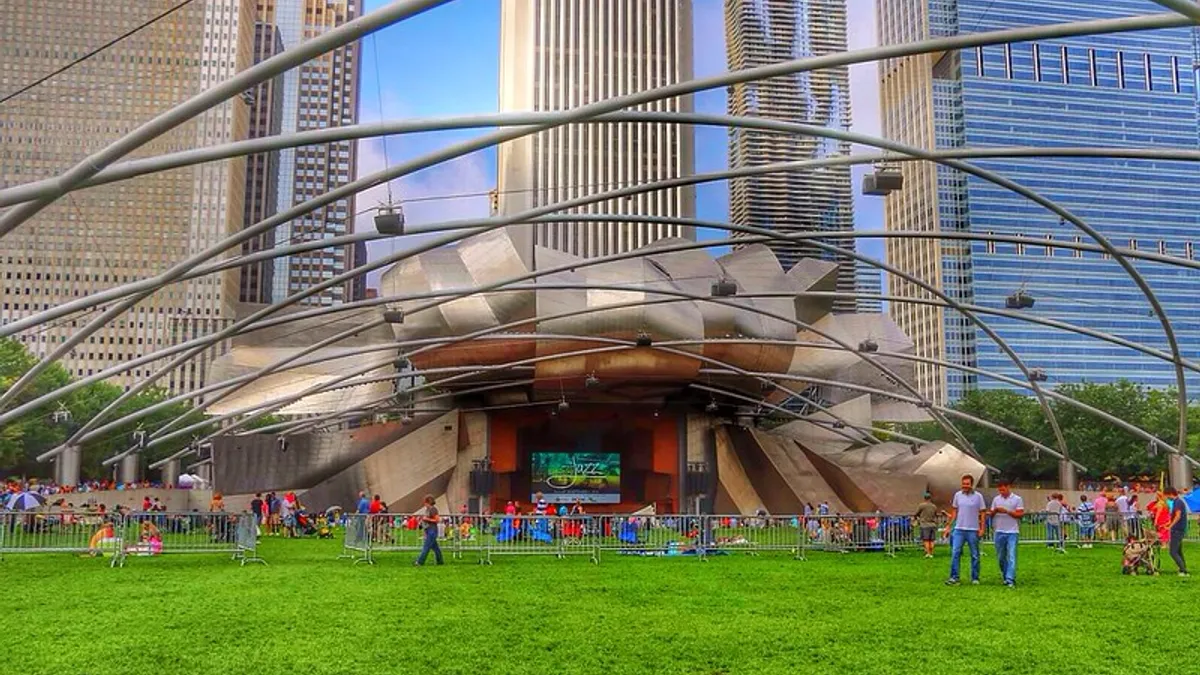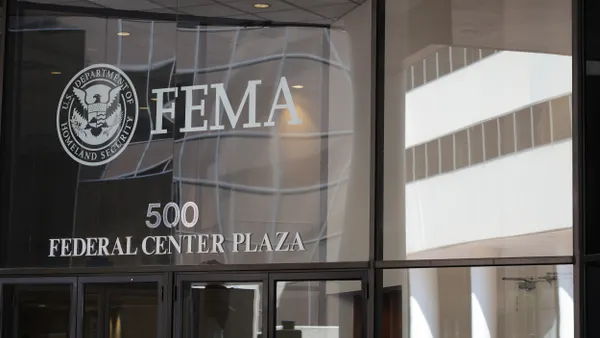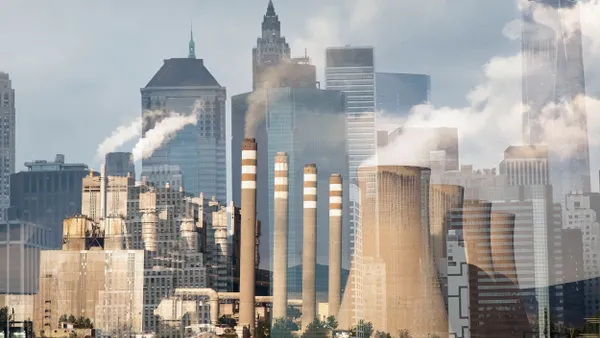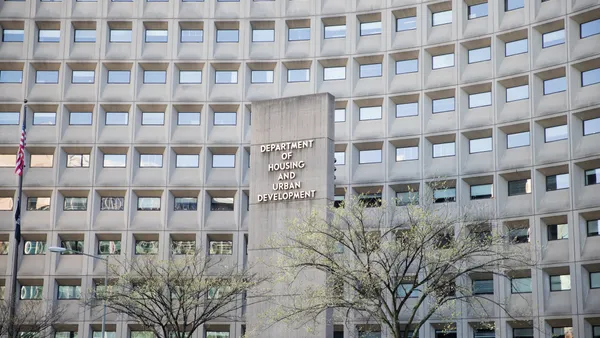Dive Brief:
- Reimagining the Civic Commons, an initiative to overhaul public spaces in an effort to support social, economic and environmental goals, added five new cities to its network: Lexington, KY; Macon, GA; Miami, Minneapolis and San Jose, CA. The cities join the original cohort of Akron, OH; Memphis, TN; Chicago; Detroit and Philadelphia, for a network of 10 cities total.
- The group also added $10 million in funding, following an initial investment of $20 million in 2016. The network is supported by the JPB Foundation, the John S. and James L. Knight Foundation, the Kresge Foundation and the William Penn Foundation.
- The initiative will give the five new cities opportunities to:
- Enhance civic engagement and public trust via locally authentic public spaces designed to engage community participation.
- Elicit investments and support for public spaces to create more vibrant and engaged communities.
- Help local leaders build and design public spaces for desired outcomes in local communities.
Dive Insight:
Public spaces have taken center stage as community gathering places during the COVID-19 pandemic — for better or for worse.
While some cities have faced challenges reminding residents to maintain a social distance in public, parks and civic spaces have largely been a welcome reprieve for residents cooped up in apartments or homes. Public spaces will continue to play an increasingly vital role for cities as the country slowly recovers from the pandemic, especially moving into the summer season.
As city leaders consider ways to improve those spaces, they could look to what’s been done within the Civic Commons’ cities. In Akron, OH, the group revitalized the city's neglected Summit Lake, situated in one of the city’s "hardest hit" neighborhoods, according to the Knight Foundation's Akron program director Kyle Kutuchief.
The lake was once home to an amusement park with Ferris wheels, roller coasters and other lively activities, but all of that changed in the 1960s when an interstate "amputated the southern part of the city," Kutuchief told Smart Cities Dive. The amusement park closed and property values dropped. It was a "classic case of redlining," he said.
Using part of its original funding from the Civic Commons Group, Kutuchief and his team set to work giving new life to the lake. Today, the once near-abandoned body of water is now used for swimming, kayaking, fishing and other outdoor recreation, according to Kutuchief. The area includes a farmer’s market and a 150-foot beach that is "one of the most beautiful" spots in the city, he said, noting there's also plans to add a bike-share program.
Equity and community engagement were also core elements of the work accomplished in Akron. Local residents were put at the center of the work, Kutuchief said.
"Relationships move at the speed of trust," he said. "If we don’t have trust, if we don’t build it and continue to build it over time, then we’re failing, so… we’ve had a steady rhythm of invitations for people to be involved in every aspect of what’s going on."
Memphis, TN used its funding from Reimagining the Civic Commons to revamp abandoned space along the Mississippi River and turn it into an active waterfront, while also removing the Confederate monuments that once stood in the area. And in Chicago, investments were made into the city's Stony Island Arts Bank Campus and an abandoned school, with over 650 free programs held in civic common sites that have hosted 26,000 people over the last three years.
The Civic Common cities' ability to share learnings is another key aspect of the program, according to Kutuchief. The members are provided the unique ability to "understand how different cities were approaching the same problem," he said. That line of communication will likely only continue to be valuable as cities grapple with coming out of the pandemic while providing ample, safe public space for city residents.
Correction: This story has been updated to reflect the correct name of the Stony Island Arts Bank Campus.
To keep up with all of our coverage on how the new coronavirus is impacting U.S. cities, visit our daily tracker











